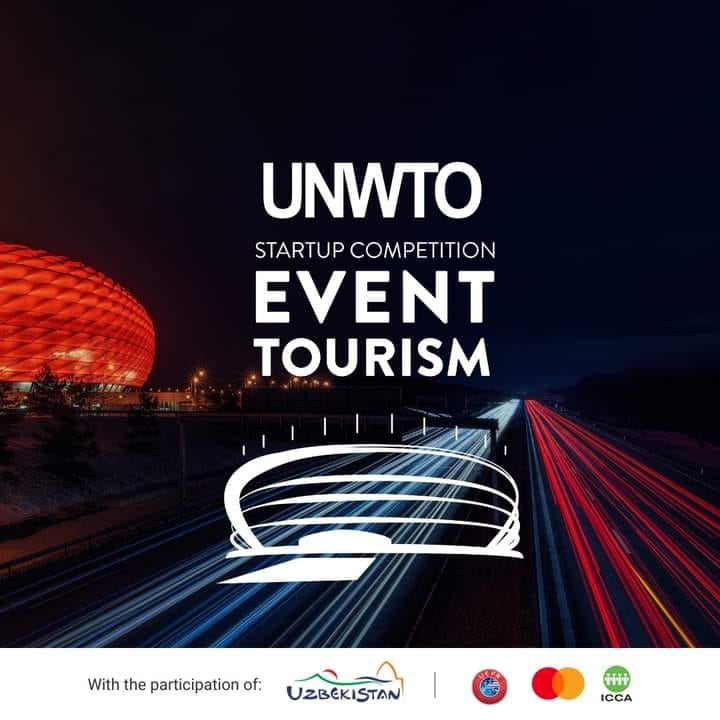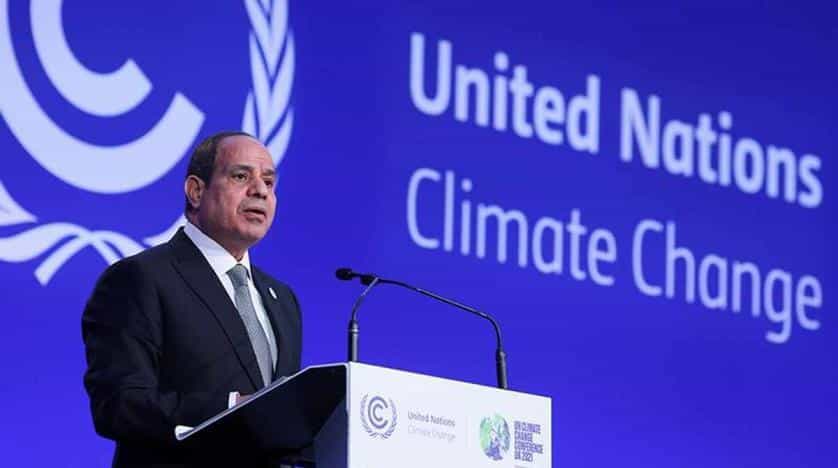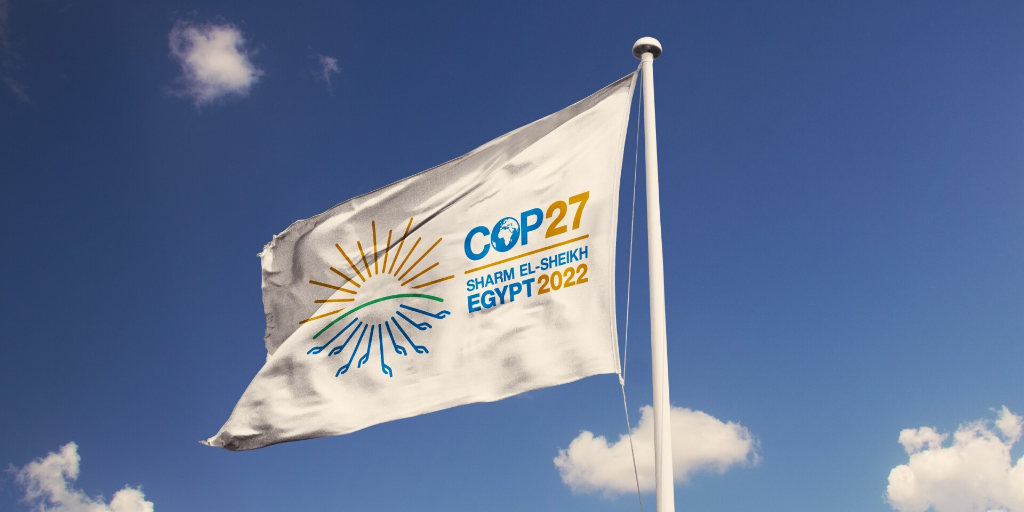Reasons You Should Visit Egypt at Least Once
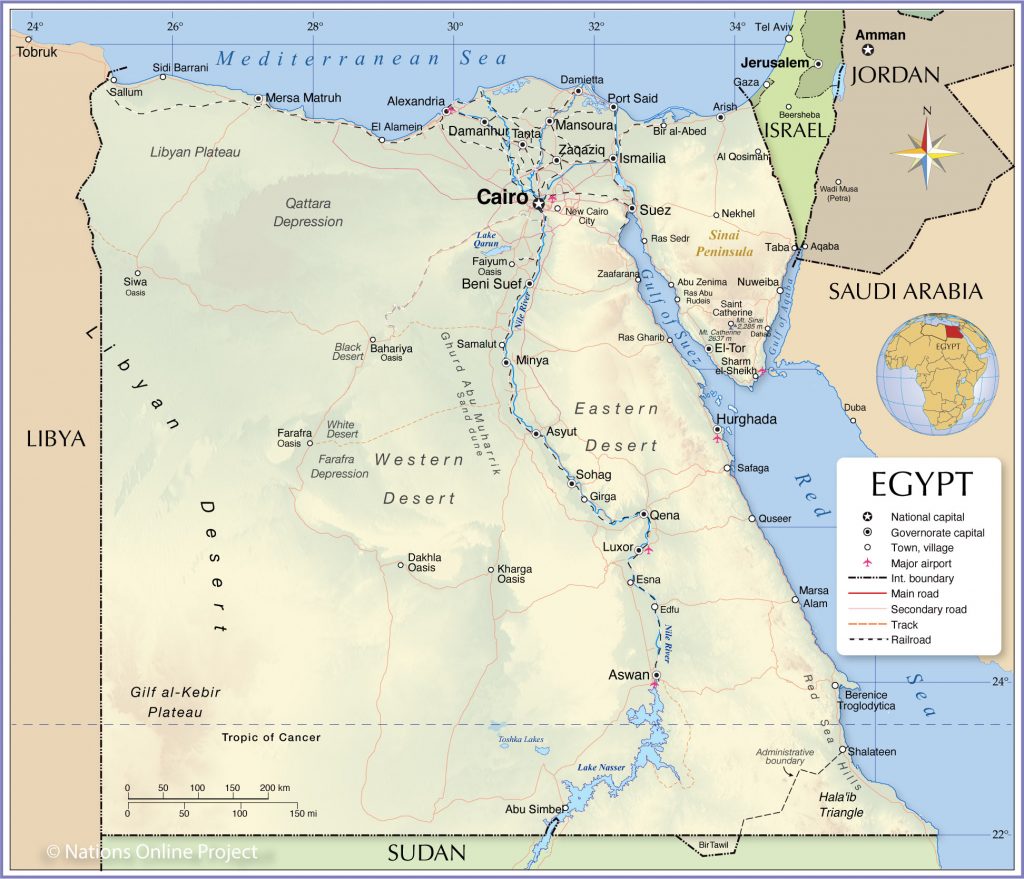
Egypt may be known for ancient treasures and rich history, but there is more to this nation than you might expect. From surreal waters and golden sand beaches to remarkable architecture and natural therapies, Egypt is worthy of your bucket list. Here are some of the top reasons Egypt should be your next destination.
It’s one of the oldest ancient civilisations in the world
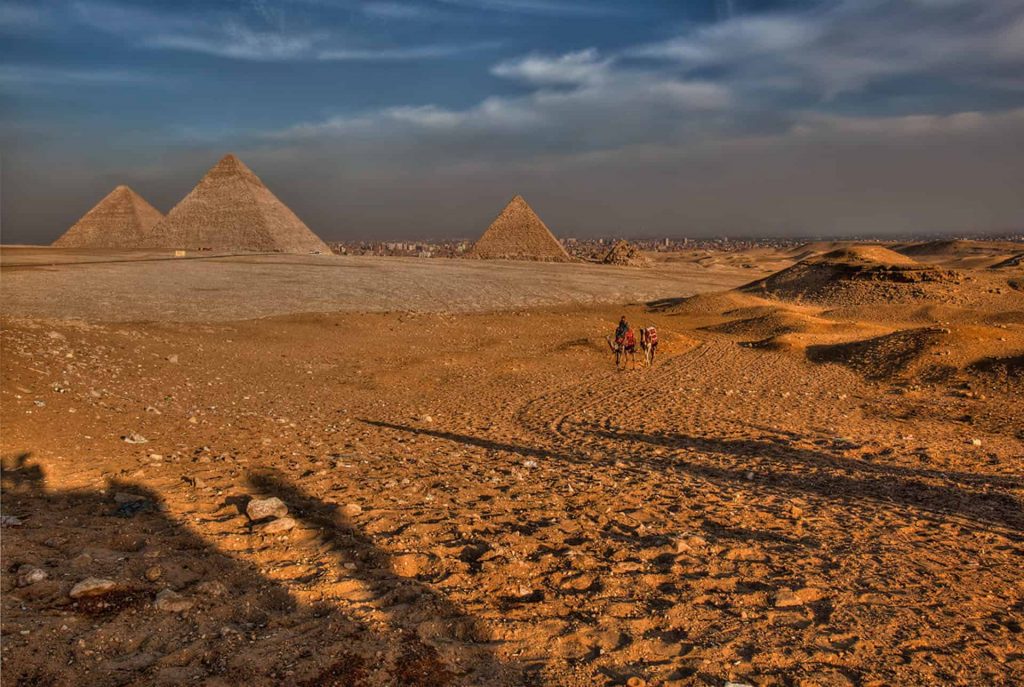
Ancient Egypt is one of the most interesting and oldest civilisations in the world. The Great Pyramids of Giza, the only surviving ancient wonder, along with ancient Egyptian statues and tombs, continue to seize the attention of top archaeologists and, of course, the wider world. To this day, remains of the ancient Egyptian civilization continue to be discovered.
It has the longest river in the world
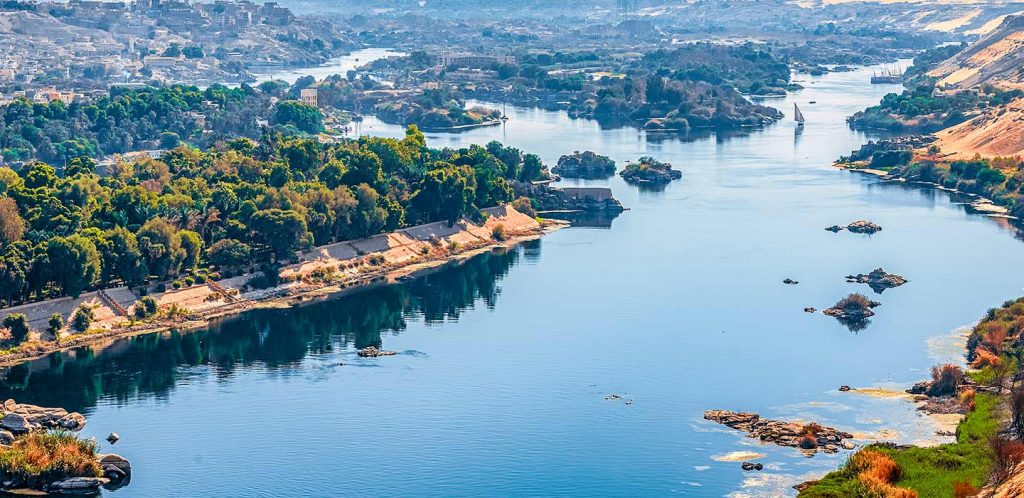
Ranking as the longest river in the world, the Nile extends around 6,695km (4,160mi) and flows into the Mediterranean. You can visit a number of attractions along its length; the most prominent being Luxor and Aswan, both of which feature on Monarch Vacations .
You’ll follow the footsteps of Moses

Mount Sinai, also known as Jabal Al Tor or Mount Moses, is considered a holy site and is visited by pilgrims from religions including Islam, Christianity and Judaism.
It is where the prophet Moses received the divine commandments from God. It is located in the beautiful Sinai Peninsula, where many come to enjoy mountain climbing and hiking, too.
Paradise beneath the waves
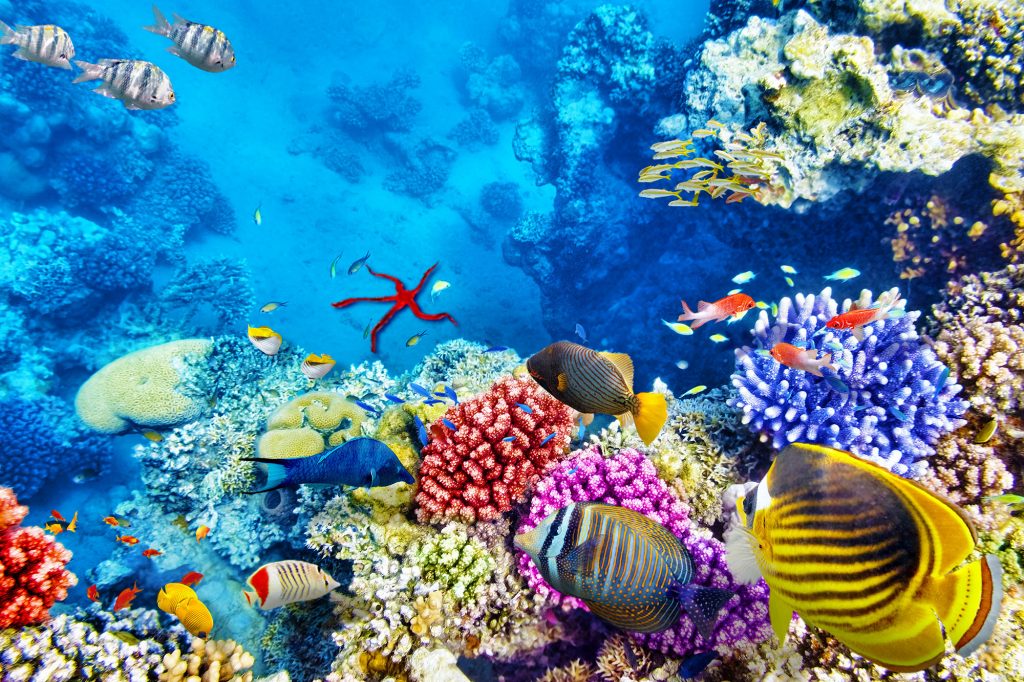
The Red Sea is without question the best place to dive in Egypt. It offers diverse locations for an unforgettable experience including bright corals and colourful, distinctive fish. Egypt offers different diving opportunities including wrecks, walls, drifts, pinnacles, shore dives, day boats and liveaboards.
The beaches are gorgeous
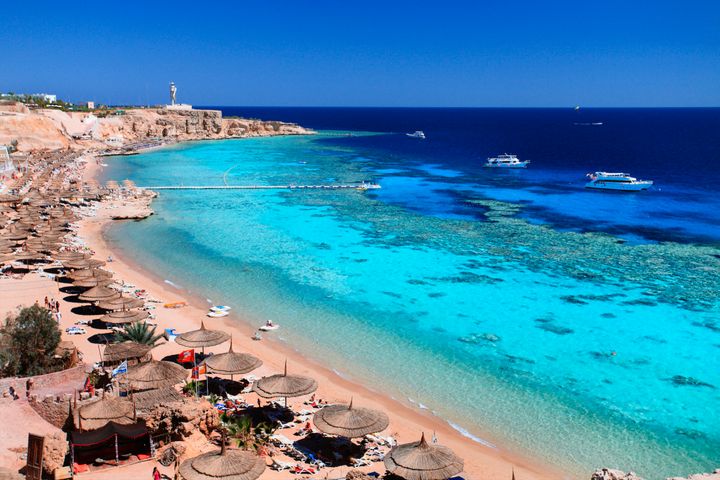
The beaches of Egypt are a dream come true with the country home to internationally renowned beaches guaranteed to delight sunseekers.
From natural pools and crystal blue waters to steady beaches as well as surfing spots, they are not to be missed.
It’s a hotspot for water sports champions

Dahab, Safaga, Hurghada, Ras Sudr and El Gouna are all among the top kite and windsurfing destinations in Egypt.
Kite and windsurfing champions from around the world train in these locations due to the perfect weather and steady, safe waters. Not a champion? Egypt has some of the best kite and windsurfing schools as well.
The weather is great all year round
Egypt’s high season never ends. Summer is the perfect time to take a dip and go diving, while winter is the best time to visit the historic desert sites.
Safari desert trips are the best in Egypt

Much of the land here is desert, making it the perfect spot for a new kind of adventure. The best way to discover the region is via a safari trip. Camp to enjoy the full experience.
Horseback riding here is amazing
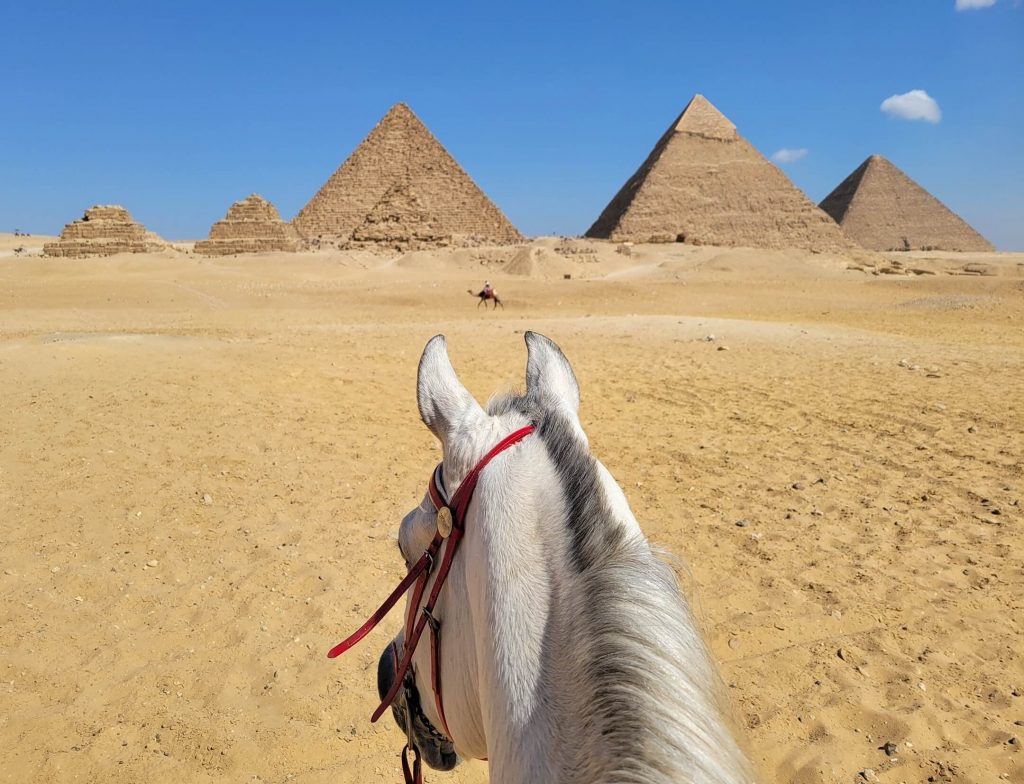
Wherever you’re going to enjoy your horseback riding experience in Egypt, rest assured you’ll have a view to go with it. Enjoy a ride across the dunes overlooking the lake in Fayoum, pass by the great pyramids or enjoy a romantic ride by the crystal blue beaches in Hurghada.
It’s a dream for architecture and art lovers
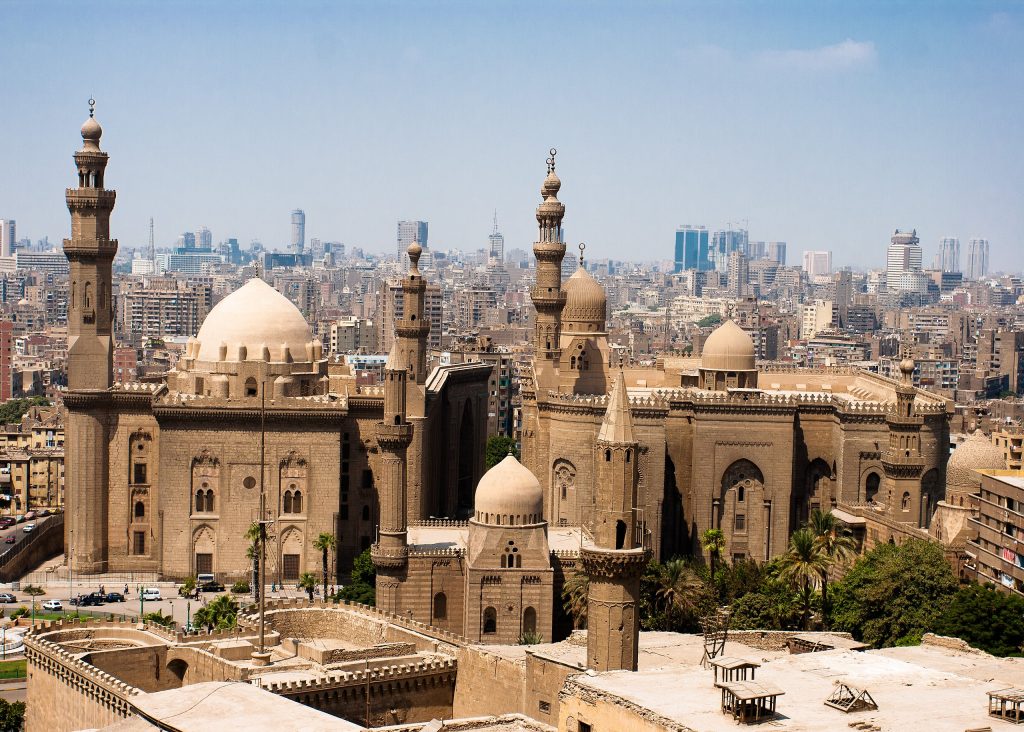
Cairo has some of the best Islamic architecture and art on earth. Visit mosques that have been standing for 1,200 years, such as the Mosque of Ibn Tulun, the Mosque of Muhammad Ali, the Mosque-Madrassa of Sultan Hassan and more. These mosques are a perfect chance for architecture, art and history buffs to soak up some culture.
Egyptian cuisine is delicious

Egyptian food has been influenced by neighbouring countries in the Middle East, resulting in dishes full of flavour. Not only is it delicious, but the food in Egypt shapes the national culture. Egyptians turn to food in times of happiness, need and struggle. It’s the highlight of any occasion.
Egypt’s therapeutic waters and sands

Therapeutic tourism has long been popular in Egypt. The hot springs here are reputed to help cure respiratory diseases, kidney, bone and other skin problems. The mud in many areas is also said to cure skin issues. Sand-burying massages are also popular in Egypt and are said to treat physical injuries.
Egyptian people are a diverse bunch
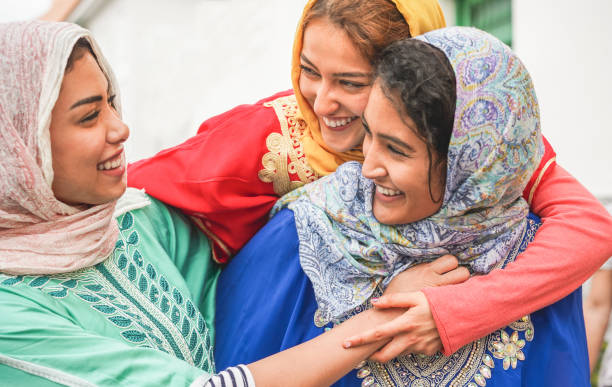
In Egypt, people have different accents, distinctive food, unique traditions and even different fashions depending on which city they are from. Some cities even have different languages. Just wandering around Egypt is an experience in and of itself.

